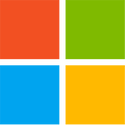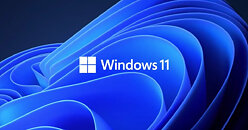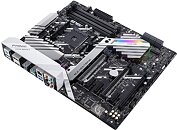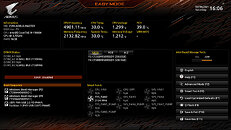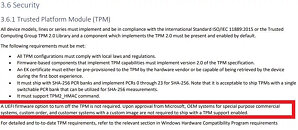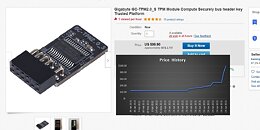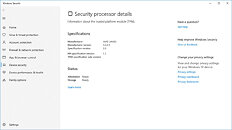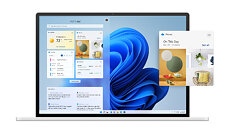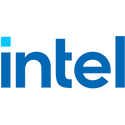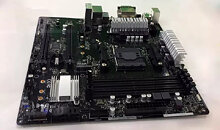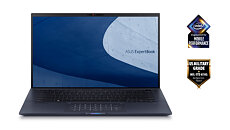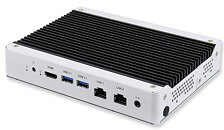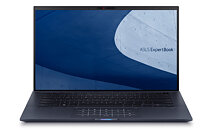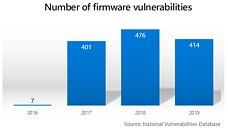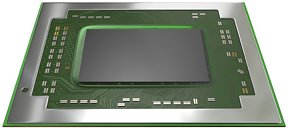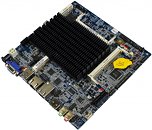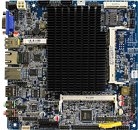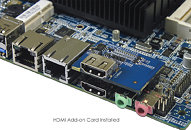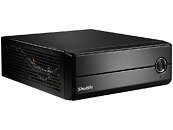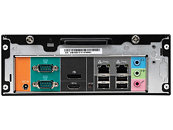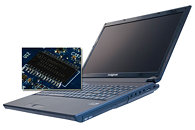
AMD Isolates Windows 11 and Windows 10 Performance Stuttering Issues to fTPM
Does it take ages for the taskbar calendar and notification center to load on your Windows 11 PC powered by an AMD Ryzen processor? Notice random stutters in performance? Chances are, the lag is caused not due to user-interface bugs by Microsoft, but hardware. AMD discovered that certain Ryzen-powered Windows 11 and Windows 10 PCs experience intermittent performance stutters when running with fTPM (firmware TPM) enabled.
The performance stutter is caused due to background memory transactions between Windows and the fTPM, to authenticate an action, as the fTPM serves the function of a hardware root of trust. Since the fTPM is part of the UEFI firmware that resides on the SPI flash EEPROM chip, the performance stutter is caused due to fTPM-related memory transactions with this chip.
The performance stutter is caused due to background memory transactions between Windows and the fTPM, to authenticate an action, as the fTPM serves the function of a hardware root of trust. Since the fTPM is part of the UEFI firmware that resides on the SPI flash EEPROM chip, the performance stutter is caused due to fTPM-related memory transactions with this chip.



